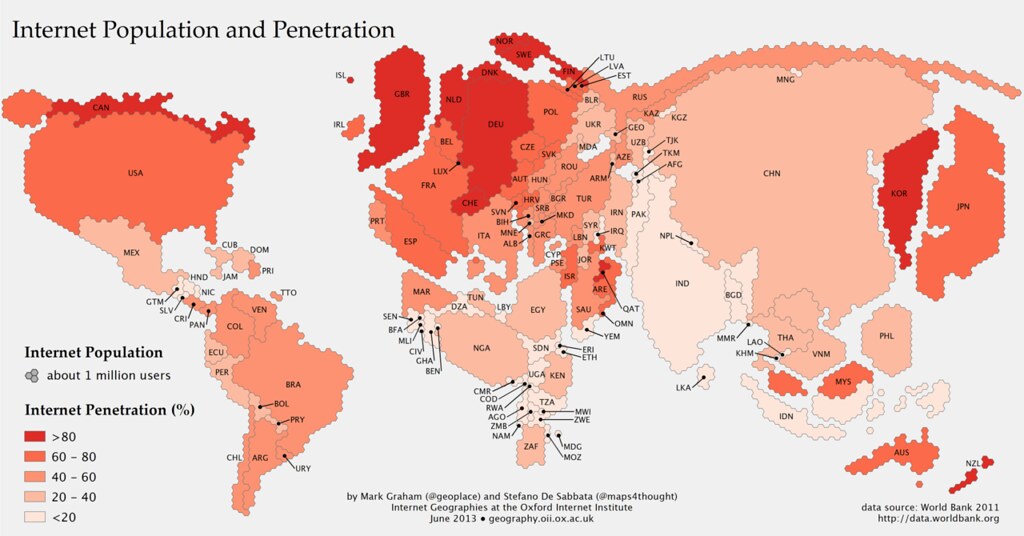The latest Moral Science teacher was Antony Blinken, who met ‘civil society’ in a country of 1.4 billion people that he paid a fleeting visit to, and quoted from the scripture of democracy and freedom.
Abuse of a politician, in the absence of credible evidence linking him to any wrongdoing, usually has the effect of increasing the sympathy factor that forms a latent part of the psyche of voters. Chief Minister Modi and since 2014 Prime Minister Modi has been called by so many unflattering names that count has long been lost of the number. During the run-up to the 2019 Lok Sabha polls, the heir apparent to the Congress Party, Rahul Gandhi, converted the repetition of less than complimentary epithets about Narendra Damodardas Modi into an art form. Each such outpouring was accompanied by a satisfied look by him at the retinue that accompanies him everywhere. Without exception, they responded with admiring expressions and smiles of satisfaction at the manner in which the leader from birth of the Congress Party has (in his and in their view) eviscerated the image amongst voters of the Prime Minister. A conclusion that the Lok Sabha polls showed was less than accurate. Self-goals such as denying that the Balakot strike into Pakistan actually happened, or that it was Rahul who was projected by his party (to silence and therefore assumed consent from the rest of the anti-BJP political spectrum) as the opposition alternative to Modi as Prime Minister of India, thereby (once this was achieved) making him become the fourth member of the Nehru family to occupy the South Block chambers of the individual holding the nation’s most consequential post. As had been pointed out by this columnist in 2018 itself, the biggest favour that Rahul Gandhi could have done for the opposition would have been to declare that he was not in the running for the job of PM in 2019 instead of listening to the echo chamber surrounding him and doing the opposite. AICC president Sonia Gandhi (who appears to have an unshakeable faith in Rahul’s ability) may not agree, but even within his echo chamber, the individuals believing that their hero is Prime Ministerial material are either zero or close to that number. Certainly, other important contenders, such as the feisty Mamata Banerjee, the charismatic Akhilesh Yadav or the long-distance runner Arvind Kejriwal, do not believe that the error made in 2019, of projecting Rahul Gandhi as the perceived opposition candidate for the Prime Ministership, should be repeated. They each have a better candidate for that role, although keeping that choice secret for the time being
Countries that bound the waters of the Atlantic Ocean, now the second-most important geopolitical pivot after the Indo-Pacific, delight in giving Moral Science lectures to poorer countries. The latest Moral Science visiting lecturer was US Secretary of State Antony Blinken, who met seven members representing “civil society” in a country of 1.4 billion people, a substantial sample, it would appear. The moral science teacher quoted (as expected) from the scripture of “democracy” and “freedom”. At the same time, many in the US seem adamantly opposed to giving a fair chance to the over hundred million underprivileged citizens of the US, so that they may fairly compete with those better off. African-Americans and Latinos have long suffered discrimination, and as a consequence have lagged behind groups such as Indian Americans and Jewish Americans in per capita income and in career success. President Biden and Vice-President Harris have done great service to their country by seeking to rectify this to a considerable extent. The last time this was attempted (to partial success) was during the truncated term of President Lyndon Baines Johnson in the 1960s. The problem facing Biden and Harris is that a majority of legislators in the US Congress may still
Looking at the way in which democracy is being practised only in words and often not in practice even in long-established Atlantic alliance democracies, the Standing Committee of the Chinese Communist Party must be delighted at the manner in which the practices they have institutionalised in the PRC since 1949 appear to be catching on across both sides of the Atlantic.

